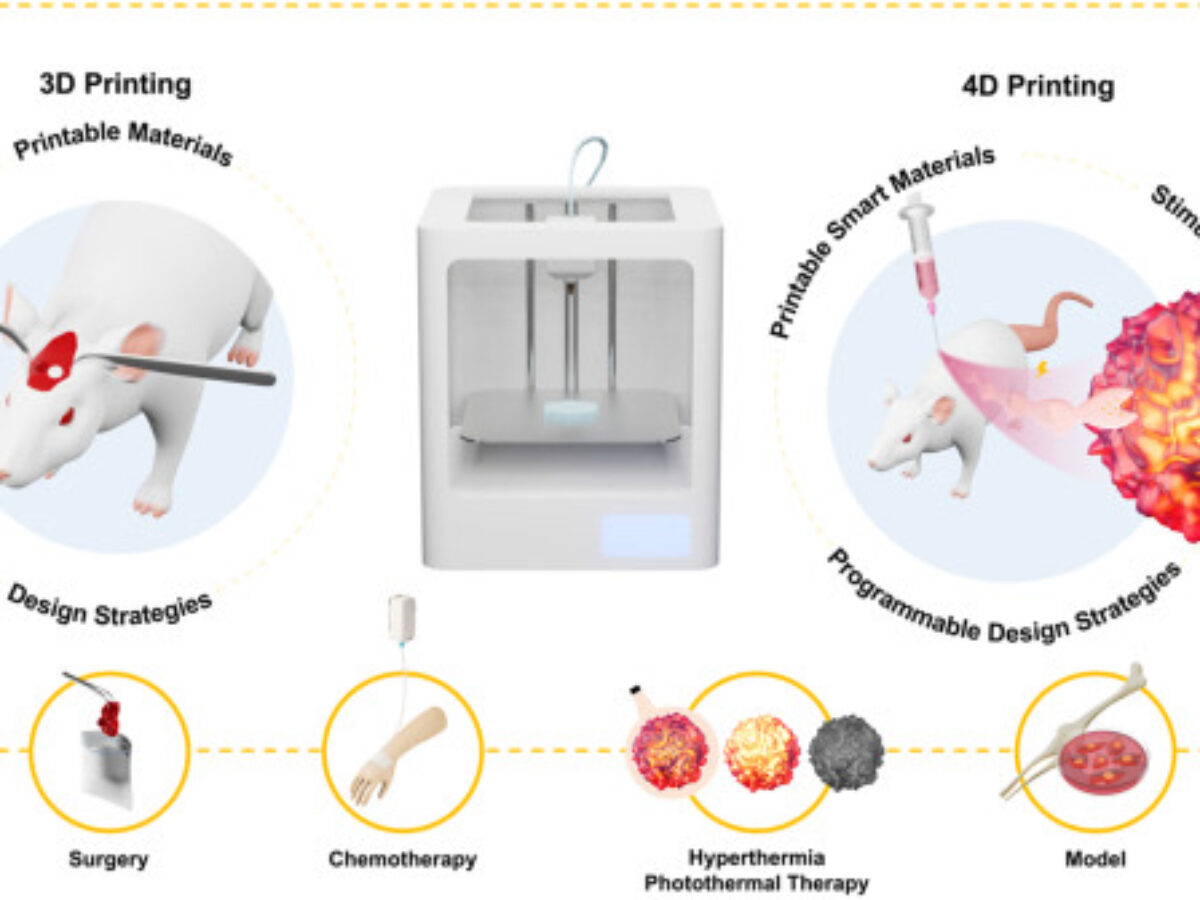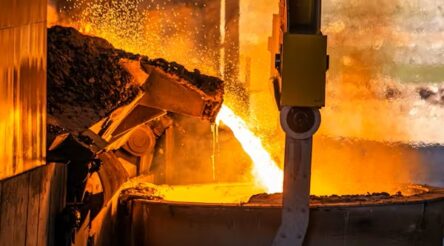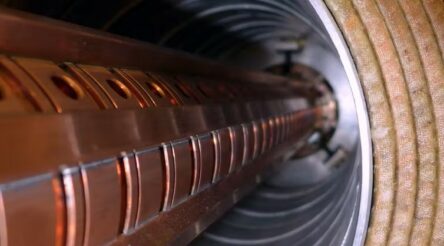The potential of cancer therapy with 4D printing

Dr Ali Zolfagharian provides a quick look at 4D printing for cancer therapeutics, following a new paper that appears to be the first overview of the subject.
Despite the fact that 3D printing technology has been widely used in medical applications due to the benefits of precisely defined architecture and individual constructs, there are still challenges, such as scalability and static structures that cannot change over time or adapt to dynamic environments. Thus, 4D printing has emerged to address these challenges and play a significant role in the innovative fabrication of dynamic constructs.
Cancer is a severe health problem that results in morbidity and mortality. Cancer death has been considered one in six global deaths, the second cause of death worldwide while there is still an increasing trend in the future, with 13.1 million cases expected in 2030. With the complexity of cancer disease and patient heterogeneity, one-size-fits-all treatments could not provide satisfactory outcomes.
Cancer is a critical cause of global human death. Not only are complex approaches to cancer prognosis, accurate diagnosis, and efficient therapeutics concerned, but post treatments like postsurgical or chemotherapeutical effects are also followed up.
Therefore, the incorporation of smart materials, such as pH- or enzyme-responsive materials, in 4D printing has the potential to enhance localised treatments owing to the specific microenvironment of cancer. As mentioned, 4D printing has intervened to enhance the potential of cancer therapeutics such as surgery, hyperthermia, photothermal therapy, chemotherapy, and therapeutic devices.
Therefore, it is possibly anticipated as the next alternative to cancer management, which offers potentially personalised treatments.
To the best of the authors' knowledge, the following invited open-access article is the first overview of 4D printing applications in cancer therapeutics.
Herein, we present the first effort to report on 4D printing technology in cancer therapeutics. It will first overview 4D printing approaches like the shape memory effect (SME), magnetothermal and magnetically driven effects, a photothermal effect, swelling and shrinking effects, and a biologically driven effect. This will demonstrate the mechanisms used to induce the dynamic constructs of 4D printing in cancer management. The recent potential applications of 4D printing in cancer therapeutics will be further detailed, and future perspectives and conclusions will finally be proposed.
“Recent Progress of 4D Printing in Cancer Therapeutics Studies” can be accessed here.
Dr Ali Zolfagharian is Senior Lecturer (Mechanical Engineering) at Deakin University Australia, Alfred Deakin Medalist and Postdoctoral Research Fellowship Awardee, and has a PhD. Eng. from Deakin.
Picture: supplied
Topics Analysis and Commentary
@aumanufacturing Sections
Analysis and Commentary Awards casino reviews Defence Gambling Manufacturing News Online Casino Podcast Technology Videos





